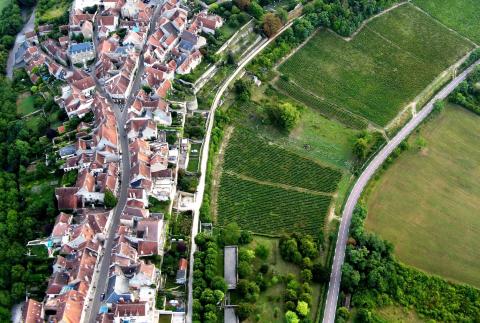On Wednesday, December 18, our colleague Marie Soret will defend her doctoral thesis at the Maison de la Télédétection in Montpellier.
Her subject?
"Improving the consideration of species, their ecological needs, and the local landscape context in connectivity models for territorial planning."
Ecological connectivity of landscapes refers to the ability of species to interact spatially within a territory. It is essential for maintaining numerous critical ecological processes, such as the flow of individuals, genes, and resources between different areas.
However, land-use changes (notably for urbanization) are the primary direct anthropogenic factor degrading this connectivity, exerting pressure on biodiversity.
Without proper territorial planning, land artificialization leads to increased fragmentation of natural and semi-natural habitats, isolating populations while reducing the area and quality of habitats essential for their survival.
In her thesis, Marie focused on three main topics.
Landscape elements form the structural foundation of connectivity, but their function varies depending on the movement abilities and ecological characteristics specific to each species.
Modeling results strongly depend on the data and models used. A thorough understanding of methodological choices is crucial before initiating such processes.
Connectivity modeling provides concrete tools for planning by offering indicators to size, evaluate, and monitor species conservation within development projects.
Marie, we’re counting on you to bring that doctorate home!
This thesis work was funded by TerrOïko, supervised by Sandra Luque (UMR Tetis / INRAE), and co-supervised by Maxime Lenormand (UMR Tetis / INRAE) and Sylvain Moulherat (TerrOïko).
